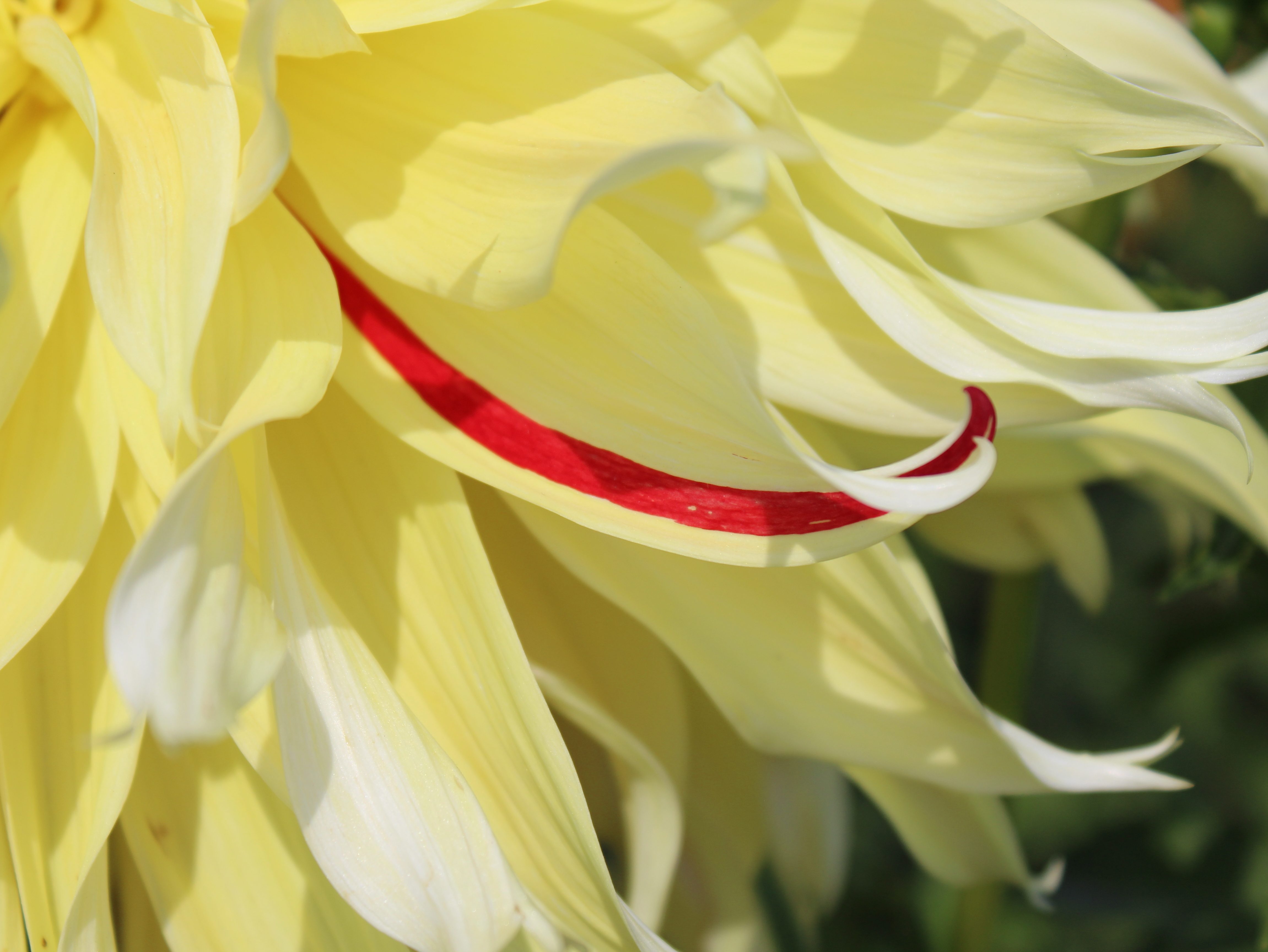A critical component of our OLE inquiry investigation is establishing the question or problem to investigate. We spend several days working toward developing this question, and it always feels like I needed to spend more time, at least with some groups. Some groups though, know from the first day what they hope to investigate. As with much of education, there is a balancing act of meeting the needs of students at both ends.
The first step in this process is an exploration of the OLE, or the area of campus where the investigations will take place. I have students bring their OLE journals with them to write ideas as they occur to them. This is also an opportunity for them to sketch models or the area of the OLE they hope to set up in. Since this project has been run multiple times, I have the fortune of sharing with students investigations students from previous classes have performed. Students have the chance to ask questions about those projects, write down their ideas, and see how some projects were set-up.
Back in the classroom, I provide guidelines for the question to be investigated:
Develop a question to guide your investigation. The entire lab experience will be designed to find answers to this question. When brainstorming ideas for a question, consider the following criteria: data gathered has to be measurable, the procedure must be ethical (no harm to animals or environment), the experiment needs to be doable within our garden and swale area, and the experiment must relate to Earth Science concepts.
At this point, students write an idea of a topic to investigate on a sticky note and stick it to the board. These are not necessarily questions they intend to study, just ideas they may have. Once all students have placed a sticky note on the board, we group them by content. I ask the students to work with me on this categorization process. At this point, we also discuss which questions are not appropriate for this investigation because they do not meet the criteria (for example, if they involve pouring chemicals into the stream or trapping animals).
For homework, students find a local news article related to science. The next day, the class shares the topics from their news articles and we generate a list of potential research ideas from these news articles. For example, a student might bring in an article on forest fires. This might prompt an idea about studying the effect of forest fires on the OLE. After we discuss and add ideas for investigating from the news, we include this new list with the list from the day before.
From this large list, I ask students to think about feasibility of researching the topics in the OLE. Feasibility issues might include weather concerns, location, money, and interest levels. This will pare down the list to topics appropriate for the inquiry investigations. Once a list of potential research ideas develops with my guidance, students form OLE groups. Because this is a long-term project and will likely involve out of class time for certain portions, I allow students to self-select groups. I encourage students to choose groups based on interest in a similar question, rather than friendships.
Once groups are established, students determine the question or problem they are going to investigate. They do not have to choose from the list we generated, but we discuss the aspects of those ideas that make them appropriate for investigating and encourage students to make the same considerations in choosing their research topic. When the groups have a question, we divide into two large groups with each large group having at least one member from each OLE group. In these large groups, students share their inquiry investigation questions with the large group. Students then offer feedback (appropriate feedback will need to be modeled ahead of time).
By the end of this development process, each group had a question or problem with a local, environmental connection that could be feasibly investigated in the OLE. The variety of questions always delights me and I am often blown away by some of the ideas. This is a very exciting time in the year, and very overwhelming, too. Take your time with the question development process. If the questions are dull, students will lose interest early on and the learning ceases. Encourage students to think beyond the grade and find something worth investigating, something with a bigger purpose or value.
Please, drop a comment with any questions about this process. I am excited to see more classes engage in this learning experience.
